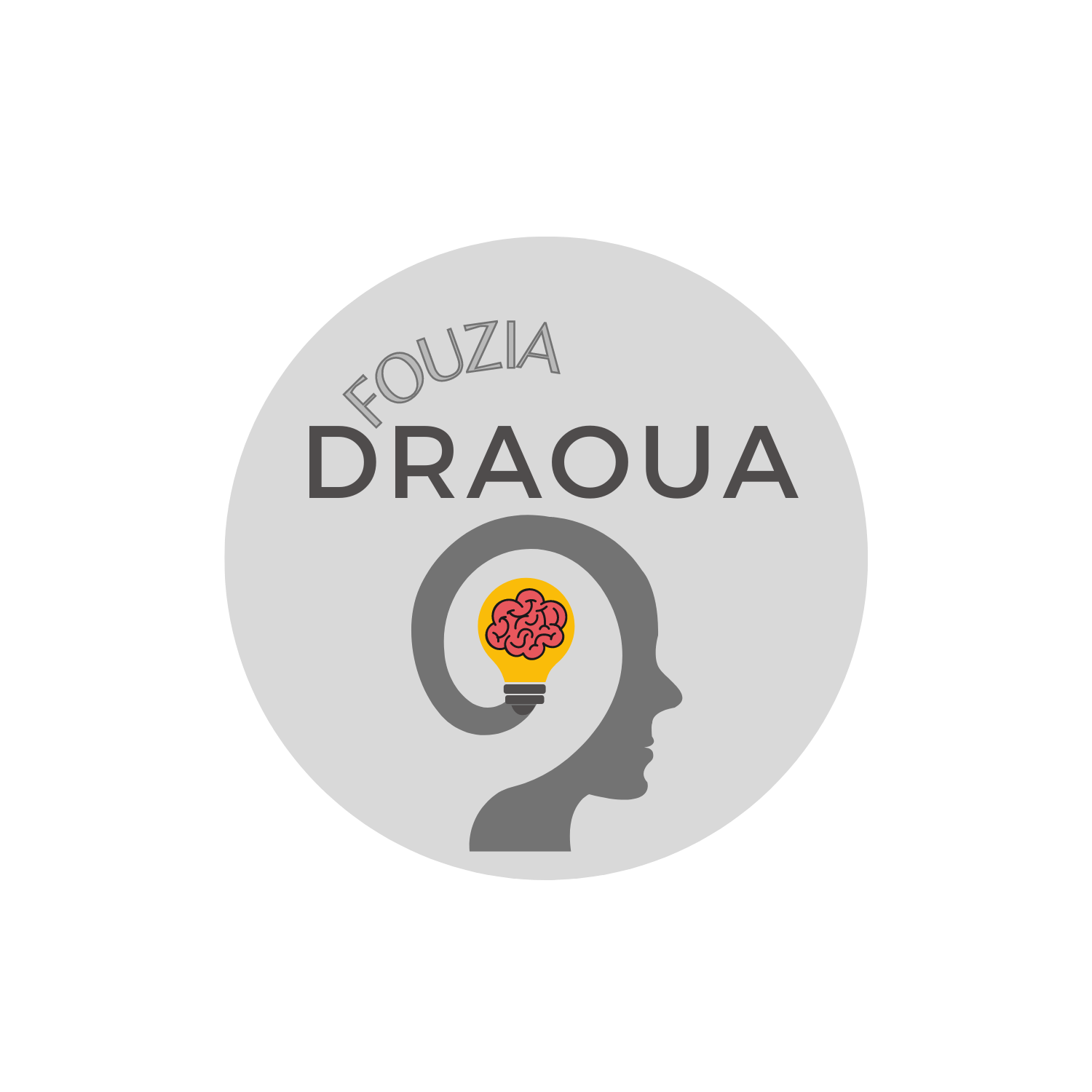Pychological stress is like physical aggression for brain

In "why zebras don't get ulcers" Robert M. Sapolsky explains how when we worry or experience stress, our body turns on the same physiological responses that an animal's does.
The difference is that animals does not experience aggression continously!
Both types of stress can have profound implications for overall health, emphasizing the importance of stress management techniques and self-care.While the brain may process different stressors in varying ways, both psychological and physical stress can activate similar stress-response pathways within the body, leading to the release of stress hormones such as cortisol and adrenaline. These responses can affect the brain's functioning, leading to similar physiological changes regardless of the source of stress.
Furthermore, neuroscience research indicates that chronic stress, whether triggered by psychological or physical factors, can lead to structural changes in the brain. Specifically, the prolonged exposure to stress hormones can affect the prefrontal cortex, hippocampus, and amygdala, impacting cognitive functions, memory, and emotional regulation. Additionally, chronic stress can contribute to neuroinflammation and the disruption of neuroplasticity, potentially increasing vulnerability to mental health disorders.
Stress management techniques and healthy lifestyle choices are crucial for promoting brain resilience and overall well-being.
Fouzia Draoua
Coaching psychologist




